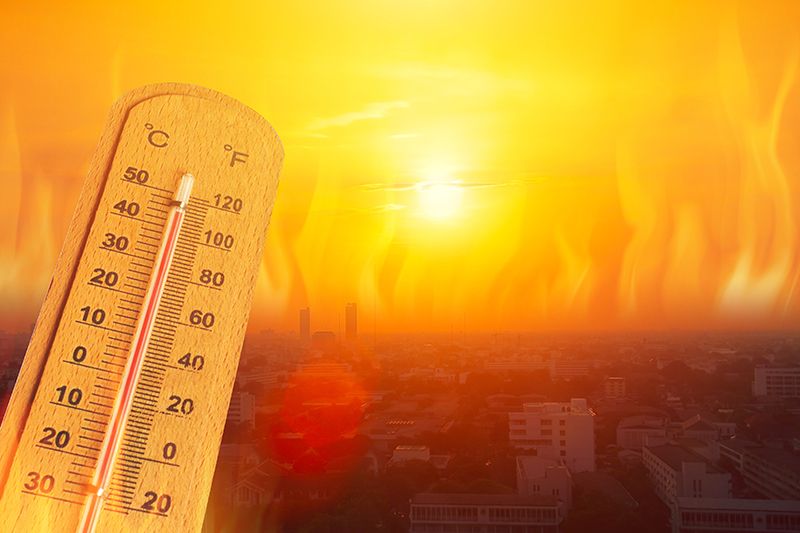Beat the Heat – The Most Dangerous Climate Threat
Finally, we see an escape to the long and wet winter, which California fortunately experienced. It is about time that we see the heat that broils California. June was a relatively tame summer month for what California usually offers. The abnormally cool temperatures and stormy weather take a backseat and leave some sunlight at the end of the tunnel. Now, we are nearing that hot and dry summer weather California is infamous for. Beaches and swimming pools are more inviting than ever, but staying well prepared for the heat is a necessity, which is easier said than done for many.
Speakers

- Dr. Lucía Abascal, MD, MS, Public Health Physician California Department of Public Health, Director’s Office
- Marta Segura, Chief Heat Officer and Director of Climate Emergency Mobilization, City of Los Angeles
- Sandra Young, Family Nurse Practitioner (retired) and founder, Mixteco Indigenous Community Organizing Project
- Dr. Kimberly Chang, Family Physician, Asian Health Services
- V. Kelly Turner, Associate Director of Urban Environmental Research, UCLA
Heat Ready California, a web page launched by Governor Gavin Newsom to keep Californians safe during extreme heat. At a media briefing hosted by Ethnic Media Services and OCPA on July 13, 2023, experts discuss multi-ethnic awareness and education campaign, who is most affected by extreme heat, steps to prepare and protect yourself and your family, and what the state is doing to mitigate the effects of extreme heat.
The importance of communication in addressing the issue of extreme heat was evident. Marta Segura, Chief Heat Officer for the City of Los Angeles, emphasized the need for friendly and collaborative messaging that encourages people to change their behavior to protect themselves from the dangers of extreme heat.
V. Kelly Turner, Associate Director of Urban Environmental Research at UCLA, highlighted the importance of policy in addressing the issue of extreme heat. Several bills, currently being considered at the city and state levels, could help mitigate the effects of extreme heat. People need to show their support for these policies to ensure that they pass.
The importance of staying cool, staying hydrated, and taking care of each other during periods of extreme heat can not be stressed enough. They also emphasized the need for increased awareness and education around the issue of extreme heat, particularly in communities that are most vulnerable to its effects.
There is a disproportionate impact of extreme heat on vulnerable communities, such as low-income neighborhoods and communities of color. Dr. Rupa Basu, Chief of Air and Climate Epidemiology at the California Environmental Protection Agency, noted that these communities often lack access to resources such as air conditioning and green spaces, which can help mitigate the effects of extreme heat.
To assuage this, there has to be targeted outreach and education efforts, tailored to the specific needs of these communities. Work with community-based organizations and other local partners to ensure that these efforts are effective and sustainable.
In addition to discussing the impact of extreme heat on public health, they touched on the economic and social costs of extreme heat. Dr. David Eisenman declares extreme heat can have a significant impact on productivity and economic output, particularly in industries such as agriculture and construction.
Overall, the experts discussed the multifaceted issue of extreme heat. By working together and sharing their knowledge and expertise, these experts are helping to raise awareness and find solutions to this important issue. In the end, we must all do our best to stay safe from the coming heatwaves, do our part to help others, and stay hydrated – and no you cannot substitute your water with more coffee.


